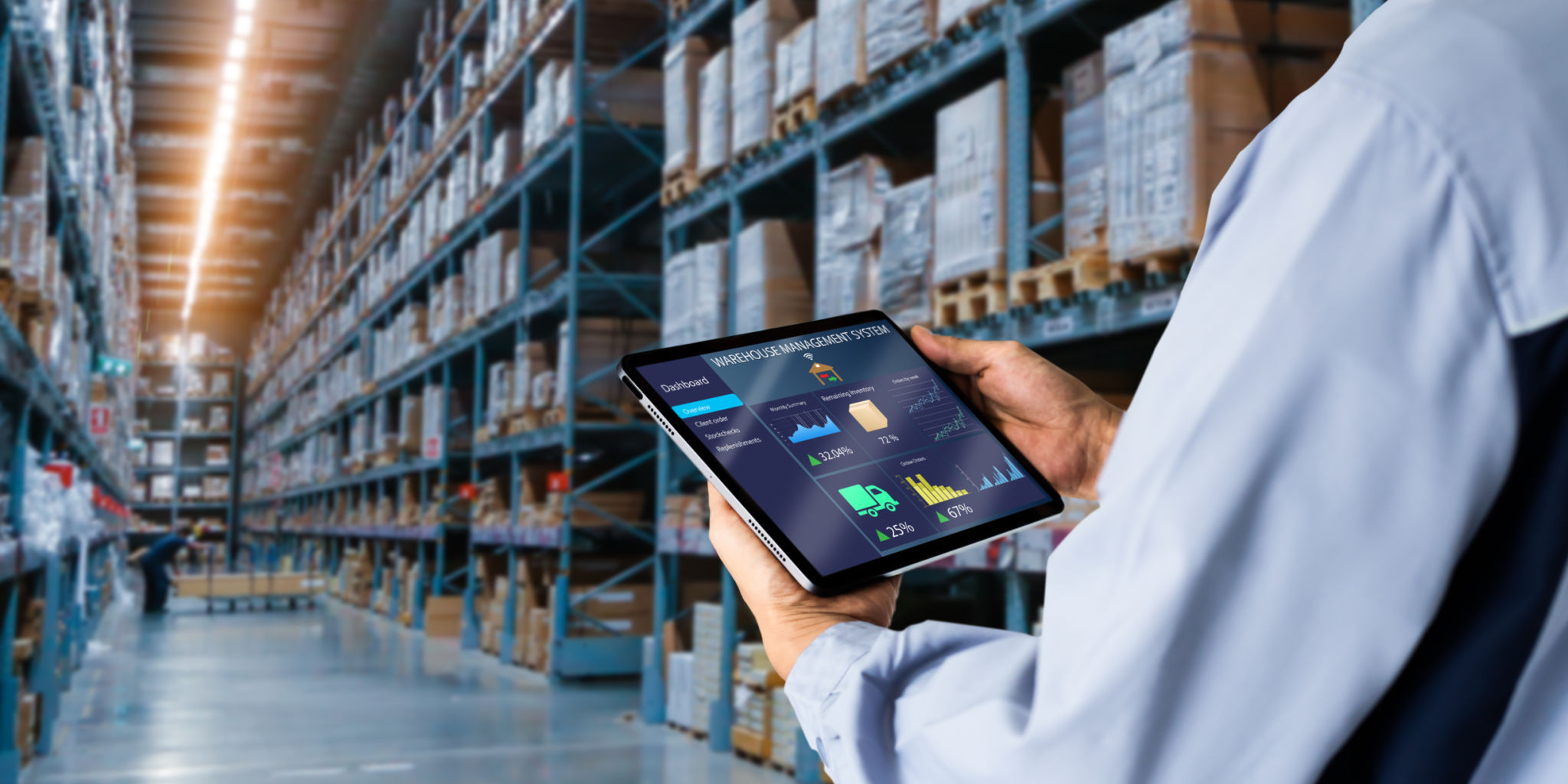Upcoming Trends in Medical Logistics: Hospitals Need to Know
Medical Equipment Logistics
The field of medical logistics has always been at the forefront of healthcare innovation, ensuring that hospitals can provide timely and effective care. As technology evolves, so do the strategies and tools used in logistics. Understanding these trends is essential for staying competitive and improving patient outcomes.

Integration of Artificial Intelligence
One of the most significant developments in medical logistics is the integration of artificial intelligence (AI). AI algorithms are now being employed to optimize supply chain management, predict demand for medical supplies, and streamline the delivery process. Hospitals can benefit from AI by reducing operational costs and improving efficiency.
For instance, AI can analyze historical data to forecast future needs, ensuring that critical supplies are always available. This predictive capability helps in minimizing waste and avoiding shortages that could impact patient care.
Sustainable Practices in Medical Logistics
Sustainability is becoming a key focus across all industries, including healthcare. Hospitals are under pressure to reduce their carbon footprint, and logistics plays a significant role in achieving this goal. Hospitals can adopt sustainable practices by optimizing delivery routes, using eco-friendly packaging, and investing in electric or hybrid delivery vehicles.

Benefits of Going Green
By prioritizing sustainability, Hospitals can not only contribute to environmental conservation but also enhance their reputation among eco-conscious patients and stakeholders. Moreover, sustainable practices often lead to cost savings in the long run.
Blockchain Technology
As security and transparency become increasingly important, blockchain technology is emerging as a valuable tool in medical logistics. It offers a secure way to track and verify transactions, ensuring that all parties involved can trust the data being shared. Hospitals can leverage blockchain to enhance supply chain transparency and reduce the risk of fraud.
Implementing blockchain can lead to more accurate record-keeping, improved traceability of medical products, and faster dispute resolution. This technology can significantly enhance operational efficiency and patient safety.
Conclusion
The landscape of medical logistics is rapidly evolving, driven by technological advancements and changing patient needs. By staying informed about these trends, Hospitals can improve their logistics operations, enhance patient care, and maintain a competitive edge in the healthcare industry.

